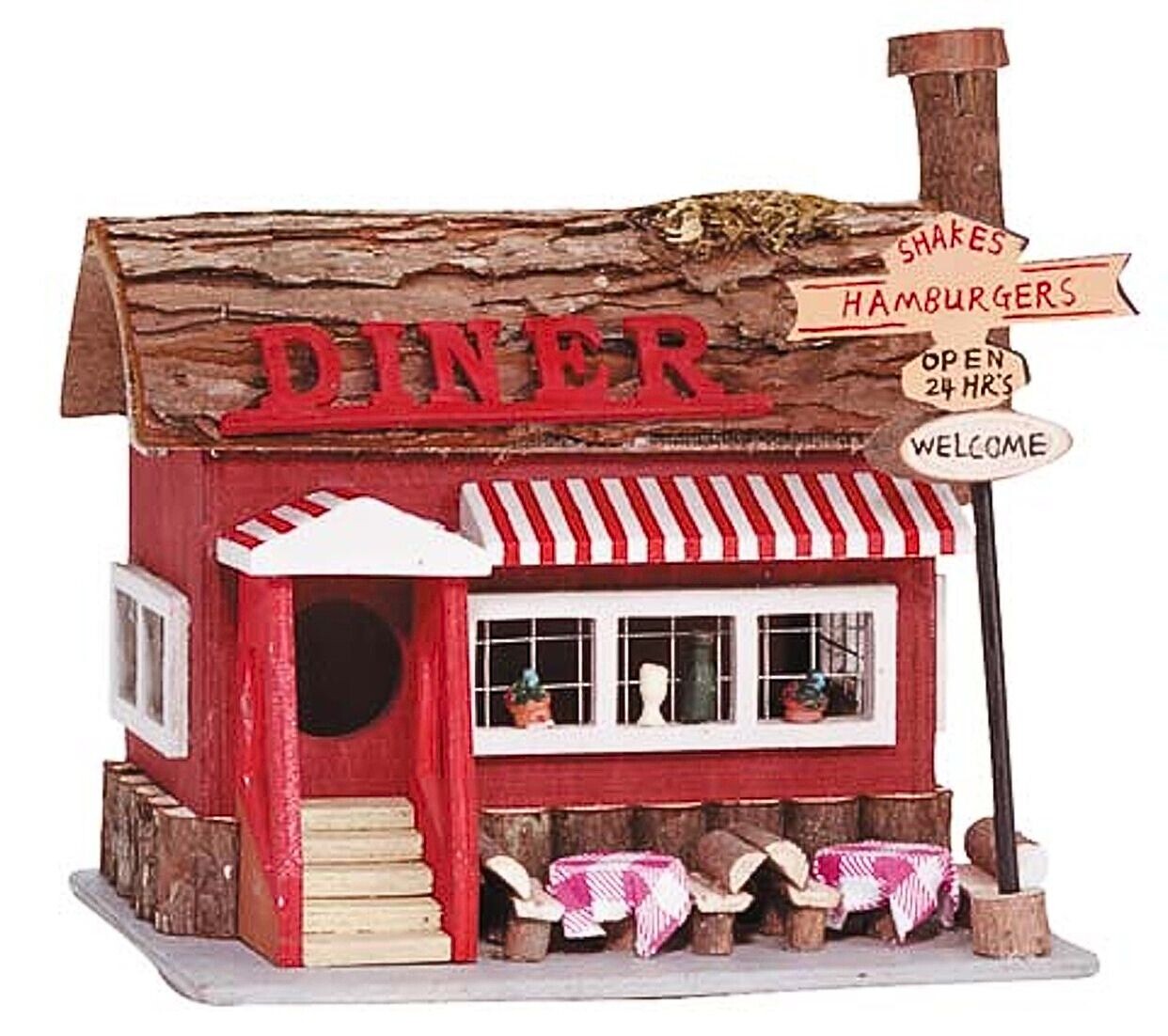What is “literature,” and how is it distinguished from criticism, gossip, promotional material? Is it contaminated or invigorated by its overlap with these other forms of writing? Might literature be both creative and commercial, and, for that matter, throwaway and timeless, autobiography and fiction, local and universal, critical and compassionate, tongue-in-cheek and life-or-death? Are words on the walls of toilet stalls, on social media, on online marketplaces as worthy of the honorific as the products of the literary publishing industry? This selection of Kevin Killian’s nearly 2,400 product reviews for Amazon does not answer these questions so much as undermine the basic assumption on which they are founded: why are we so eager to ascribe value to writing according to its category, rather than attending to the writing itself?
We learn from an afterword by Dodie Bellamy, to whom Killian was married for over thirty years, that her fellow member of San Francisco’s New Narrative movement started leaving reviews on Amazon in the wake of a heart attack in 2003. A practice intended to ease his way back into writing soon became more than a means to an end, to judge by the frequency of his contributions (sometimes multiple times a day) and the long duration of his engagement (the final review was posted just weeks before his death in June 2019, at the age of 66). The subjects of his erudite, witty, and almost unfailingly generous critical appraisals are, to put it lightly, eclectic.
That a vanguard poet, novelist, and playwright should recommend books by Chris Kraus, Paul Bowles, or Edmund White is hardly surprising; that he should enthuse over American diner-themed birdhouses (“many fine birdhouses were available to us, but this is the one we chose”), picnic-themed gift baskets (“the nicest picnic since Kim Novak and William Holden did the ‘Moonglow’ dance”), compilations of gay erotica (“Jesse Grant, who are you? How do you know so much about me, my deepest fantasies, my buried wishes?”), and New Age body adornments (“Looking for a little crystal energy in your life, to counterbalance the ugly planet energies? This is the one dagger-pendant necklace that you’ll want to have”) distinguishes this from the conventional anthology of critical writings.
It might equally be called an autobiography, the story of a life told through its accumulated objects and experiences. Yet, inevitably for a writer of Killian’s school, this autobiography is not entirely straightforward. Our reviewer reveals himself to be not only a devotee of postwar literature and cinema but also an R-C helicopter hobbyist, knitter of decorated ponchos (“Now, boys, get out those needles and set off some sparks!”); devotee of airport management strategies; father to a toddler whose preference for a booster seat offering a view through the car window is an “encouraging sign” of his aesthetic sensibilities; owner of two cats, Ted and Sylvia, with aspirations in the entertainment industry (hence his endorsement of Bash Dibra’s “heartwarming” StarPet: How to Make Your Pet a Star); competitive baker (“This is the book that has split the community of cake decorators right down the middle”); and nostalgist for a suspiciously idyllic childhood in France (“I combed the countryside hunting for truffles in early autumn and for yellow buttercups in spring”).
Did Killian’s grandmother really run a diner in Queens, thus adding weight to his endorsement of the aforementioned birdhouse? Are the lower-back pains which lead him to seek out a viniyoga tape truly attributable to having been pushed out of a bus by vindictive schoolmates as a child (“I looked up at the low-hanging French sky … and my whole body radiated with pain”)? One of the pleasures of reading this collection is to see certain details corroborated over time: we learn later that Killian’s new cats are not “blending” with Ted and Sylvia (who could blame them?), that the author does, in fact, live on a “third-floor walk-up in a dingy alley in San Francisco” from which he may-or-may-not have escaped a masked intruder with the assistance of Plow & Hearth’s Three Story Escape Ladder (“My friend Adam keeps his in the cabinet where he used to store his silver before the divorce”), clutching a treasured copy of WB Yeats’s Selected Poems (how much more clearly could this poet signal allegiance to his Irish descent?).
The Amazon consumer might not expect to encounter unreliable narrators, the conflation of documentary and fiction, and other strategies of the New Narrative movement when reflecting on whether or not to fork out $9.99 for the Alien Green Ring by Body Candy (“On the beach or at the gym, the first thing people ask me is, ‘What is that on your navel?’”), but why not, if the longstanding aspiration of the avant-garde to conjoin art and life is more than merely rhetorical? By challenging the presumed “authenticity” of reviews posted by “real consumers” on which the Amazon model of ratings and recommendations depends, Killian’s mischievous experiment with persona and character does not endorse a culture of mistrust and fake news so much as assert that invention, play, creativity, ambiguity, and ambivalence are inherent to our lived experience of the world and insist, gently, that we recognize them as such. None of the bots now swamping Amazon, after all, could produce literature as essentially human as this.
Kevin Killian’s Selected Amazon Reviews (edited by Hedi El Kholti and Robert Dewhurst, with an introduction by Wayne Koestenbaum and an afterword by Dodie Bellamy) was published by Semiotexte in November 2024. We recommend that you order it via the Semiotexte website, or pick it up from your local bookseller.
